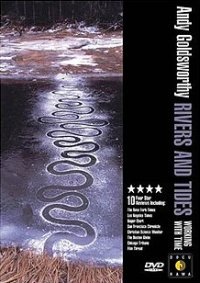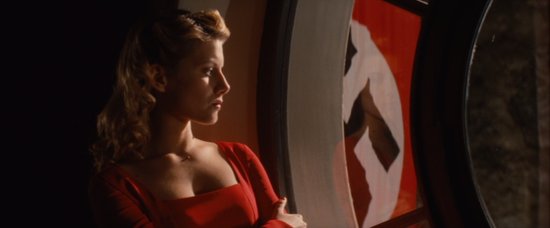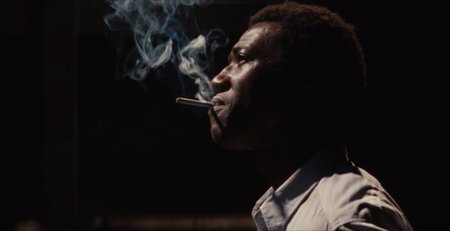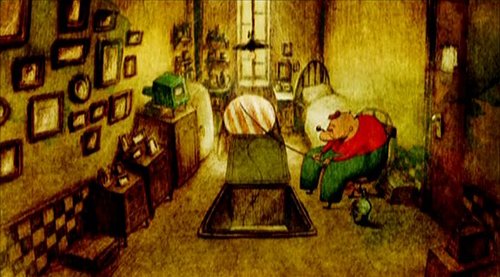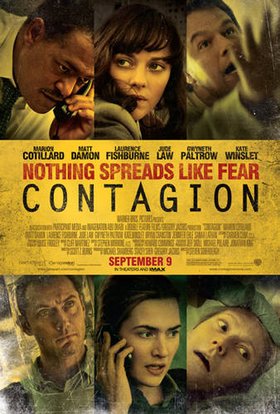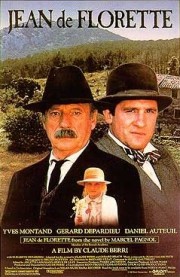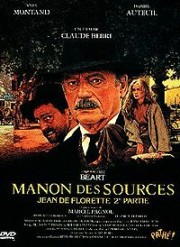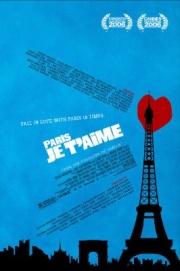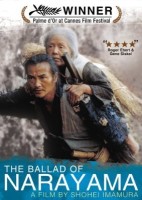Danish cinema has created many exceptional works that explore morality in a penetrating way. Borgen (2010) took an insider’s view in government’s backroom deals and ethical compromises. A War (2015) explored conscience and European’s preponderance over weaker people. Susanne Bier’s 2010 film In a Better World is a poignant drama that challenges our sense of justice. Each of them creates credible moral dilemmas that provoke contemplation.
Anton was a doctor serving aboard in an rural African field hospital. Back home in a small Danish town, he raises two sons Elias and Morten with a shared custody. Christian’s dad Claus brought him back to their native home in Denmark from London after his mother was deceased. He befriended the feeble Elias and plotted a fight back against the school bully. The film contrasts the violence of war in Africa with the more mundane skirmishes in Denmark. Both stories question our approach in resolving conflicts and serving justice.
To put it simply, I see two justice systems. I call them primal justice and enlightened justice. Primal justice is the old way. The key value is power and dominance. Tit for tat is a just response to aggression. In modern times, our enlightened justice disavows violence. We value peace, fairness and collaboration and fairness. Law and police are created to resolve conflict and make peace. Today, we view primal justice as brutal and horrifying. We are to evolve away from the barbaric past to an enlightened system.
The morality is challenged when Christian violently attacks Sofus in retaliation for his bullying. The logic was obvious to him. He has to flight back to establish himself, or he would risk being considered weak and falling prey to bullying. Tit for tat, a perfectly just action in the primal justice system. His father reprimanded him. Yet neither the parents nor the school can effectively police their children. Bullying is a fact of life. Primal justice rules in this world. Christian has a dark character that can be quite chilling. Yet his morality is consistent in this system.
This logic applies to the society level as well. There is no better example than Russia’s invasion of Ukraine today. Russia attacks because they can. The plan is simply to apply superior force to dominate weaker neighbors. All the protests and sanctions from Western government and the UN have limited effect. At the end of the day, if Ukraine prevails, it is due to the Ukrainian people’s valor and sacrifice in defending their country. We might think we are living in an enlightened world. But power still rules. Perhaps we are not as evolved as we think.
In a smaller arena, I reflect on how conflict is managed within my family. As a father of two small children, I am the arbiter of petty fights. I taught them that things shall be shared among all fairly, fighting is not right, and instead of hitting the other to take back what was yours, you should call in adults to settle disputes. Yet fights still happened. The little brother was more often the one who started, never mind being the weaker one. Despite my lectures, admonitions and threats, aggression would break out between them. At times, I decided to use the ultimate means, by force. I snapped the little brother’s hand for beating others.
This might sound counterintuitive. By snapping him, I was protecting him. His brother was angry. He was going to retaliate and he was much bigger. Snapping him would not do him real harm. Getting punched might. To keep peace, I have to deliver sufficient punishment to the offender. If it is unconvincing, he might believe the only way to settle things is to fight back himself.
In a similar way, In a Better World ponders on the limitation and failure of our institutions in maintaining justice. The school investigated and settled the students’ fight by having them apologize to each other and shake hands. It felt like a ritual that’s forced. It kept peace on the surface but did little to confront the underlying social dynamic. Anton was snapped by an aggressive man in a dispute set off by a playground fight. He refused to fight back or to call the police. Instead he challenged him to explain his action, not backing down even though he was slapped again. In Anton’s mind, he has stood up to him. The children were unconvinced. In their eyes, it was an ineffective move that did nothing to deter the impulsive man. In Africa, the warlord Big Guy terrorized the population with impunity, all because he has the fire power. Where is justice?
Before we went away with a dark view, I noticed a few details that were worth a note. Elias intervened in a conflict to avoid harm to a mother and children. It is an honor code to cause no harm to the defenseless and innocent. Not all bad guys are equally bad. The Big Guy is more despised because he sadistically tortured women. Even Christian has a sense of guilt. This set him apart from psychopathic villains like Vladimir Putin.
As much as we believe enlightened justice should rule over primal justice, does it succeed in the real world? The film uses a series of dramas to confront us with a reality we are uncomfortable to acknowledge. The enlightened justice system is limited and failed often. Even today, the primal justice system plays a big and often the more decisive role.
2022.04.17 - comments


